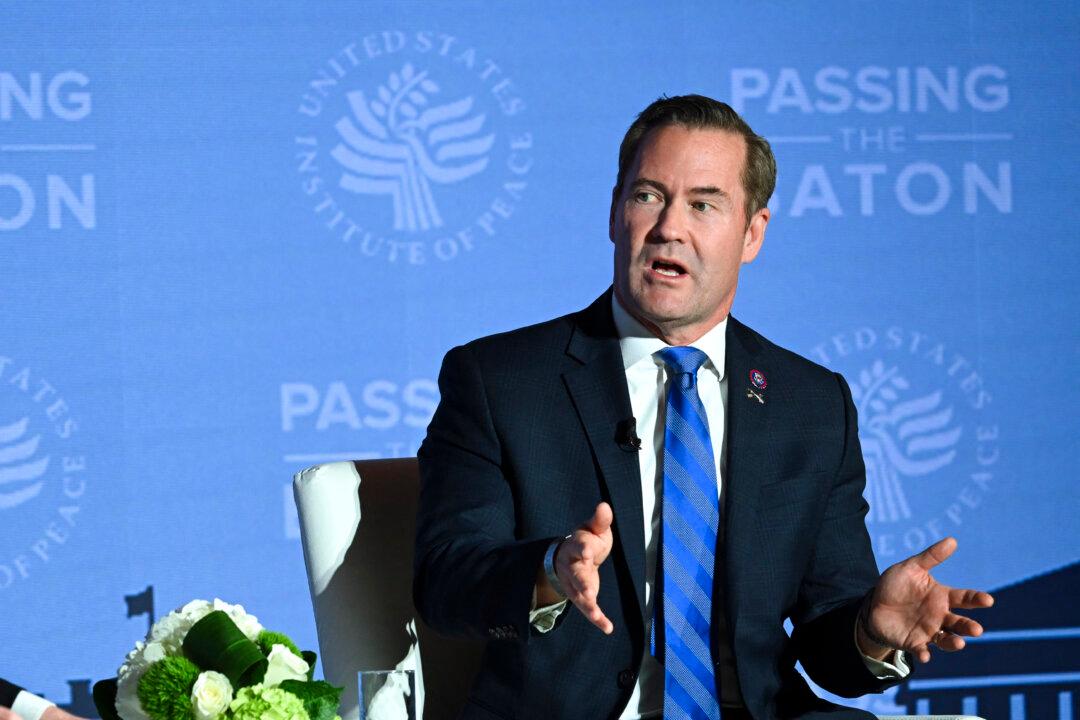Florida Rep. Mike Waltz, whom President-elect Donald Trump recently announced as his national security adviser, said on Jan. 15 that the incoming U.S. leader is exploring ways to “preserve” TikTok in the country amid a looming ban.
Waltz made the remarks during an interview with Fox News anchor Bret Baier in response to questions regarding a report from The Washington Post that stated that Trump was considering various options to prevent TikTok from having to cease U.S. operations.




